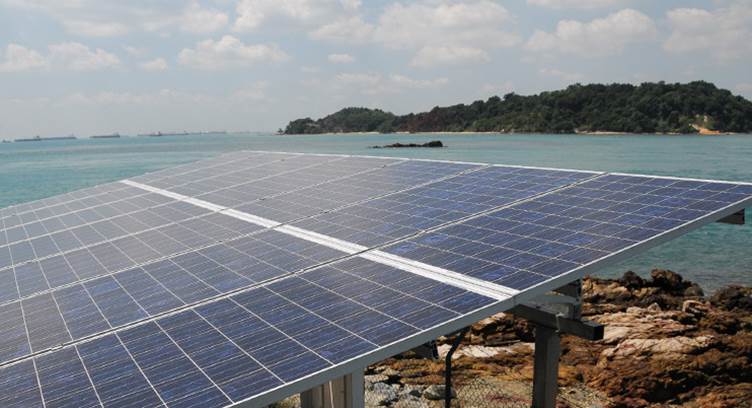Singapore's M1 has committed to reducing its absolute Scope 1 and 2 greenhouse gas (GHG) emissions by 46.2% by 2030 from a 2020 base year.
It has also committed to reducing Scope 3 GHG emissions from purchased goods and services, capital goods and upstream leased assets by 42% by 2030 from a 2020 base year.
Underscoring its commitment, M1 has had its GHG emissions reduction targets approved by the Science Based Targets initiative (SBTi[1]). The Scope 1 and 2 emission targets are consistent with the reductions required to keep global warming to 1.5°C, the most ambitious goal of the Paris Agreement and reaffirmed at the recent UN Climate Change Conference in Glasgow (COP26). M1’s target for the emissions reduction from its value chain (Scope 3) meet the SBTi’s criteria and best practices.
Reflecting the Keppel Group’s focus on sustainability, Keppel Corporation committed in October 2021 to halve its Scope 1 and 2 emissions by 2030 and achieve net zero by 2050. Keppel Corporation also announced then that the Group’s business units, including M1, will be encouraged to pursue even higher standards wherever possible, in line with their respective sectoral contexts and unique capabilities. This was followed soon after by Keppel Land’s commitment and validation of its SBTi target to reduce its absolute Scope 1 and 2 GHG emissions by 100%, and its Scope 3 GHG emissions from purchased goods and services by 20% per square metre, by 2030 from a 2020 base year. M1 is the second Keppel entity to announce a target validated by SBTi.
Some of the initiatives that M1 is implementing to reduce emissions include improvements and implementation of energy efficiency plans to reduce energy consumption and remove emissions (electricity and fuel usage) from business operations, overhauling and upgrading of M&E equipment, network infrastructure and buildings. M1 will also decarbonise by incorporating green energy and purchasing of renewable energy certificates (RECs).
Manjot Singh Mann, Chief Executive Officer, M1
In line with Keppel’s Vision 2030, which places sustainability at the core of its strategy, M1 is doing its part to combat climate change by improving resource efficiency and reducing any negative impact on the environment. Even as we work towards a connected, sustainable future, we are making a conscious effort to take greater responsibility for the impact the ICT sector has on climate change and do our part to protect the environment and community.






















